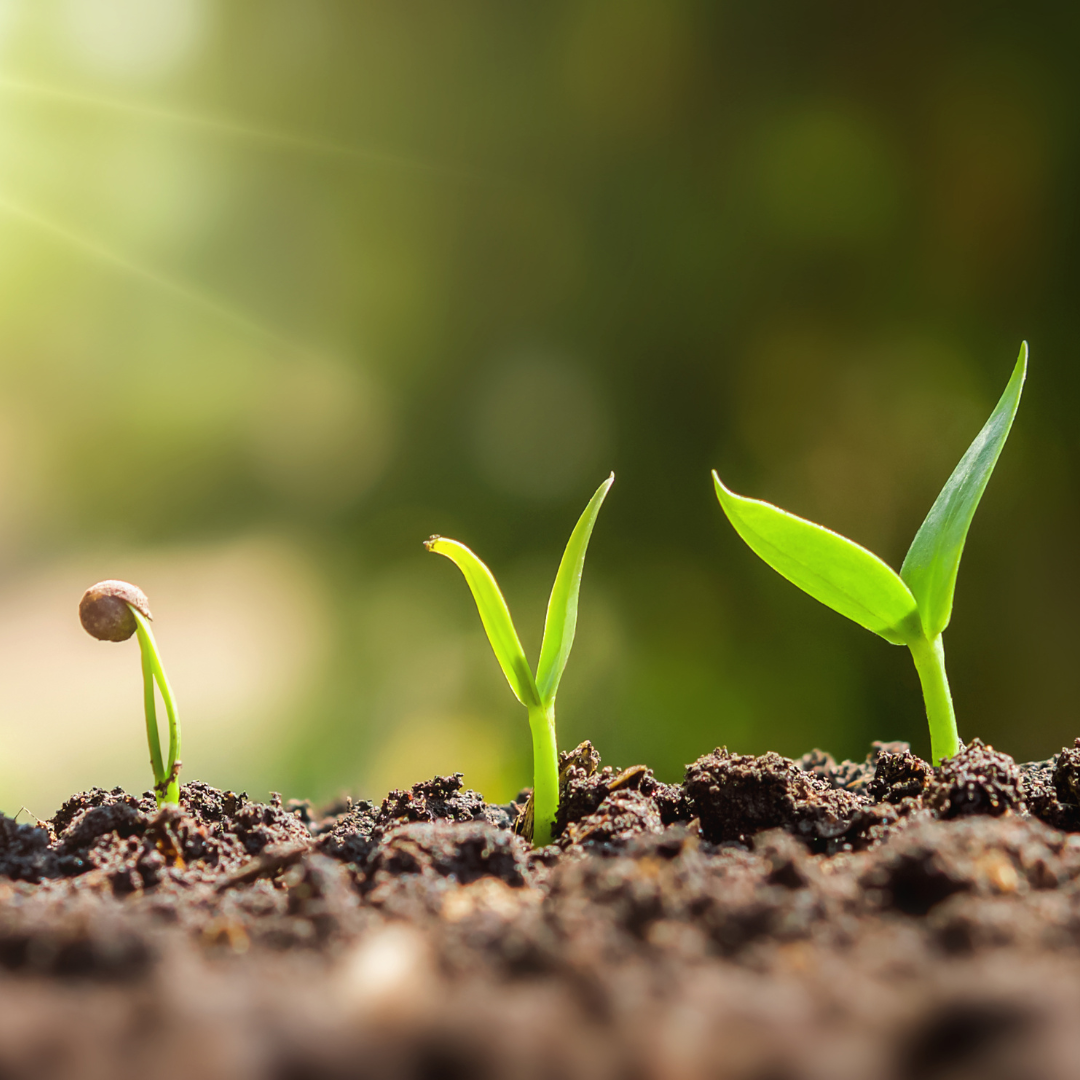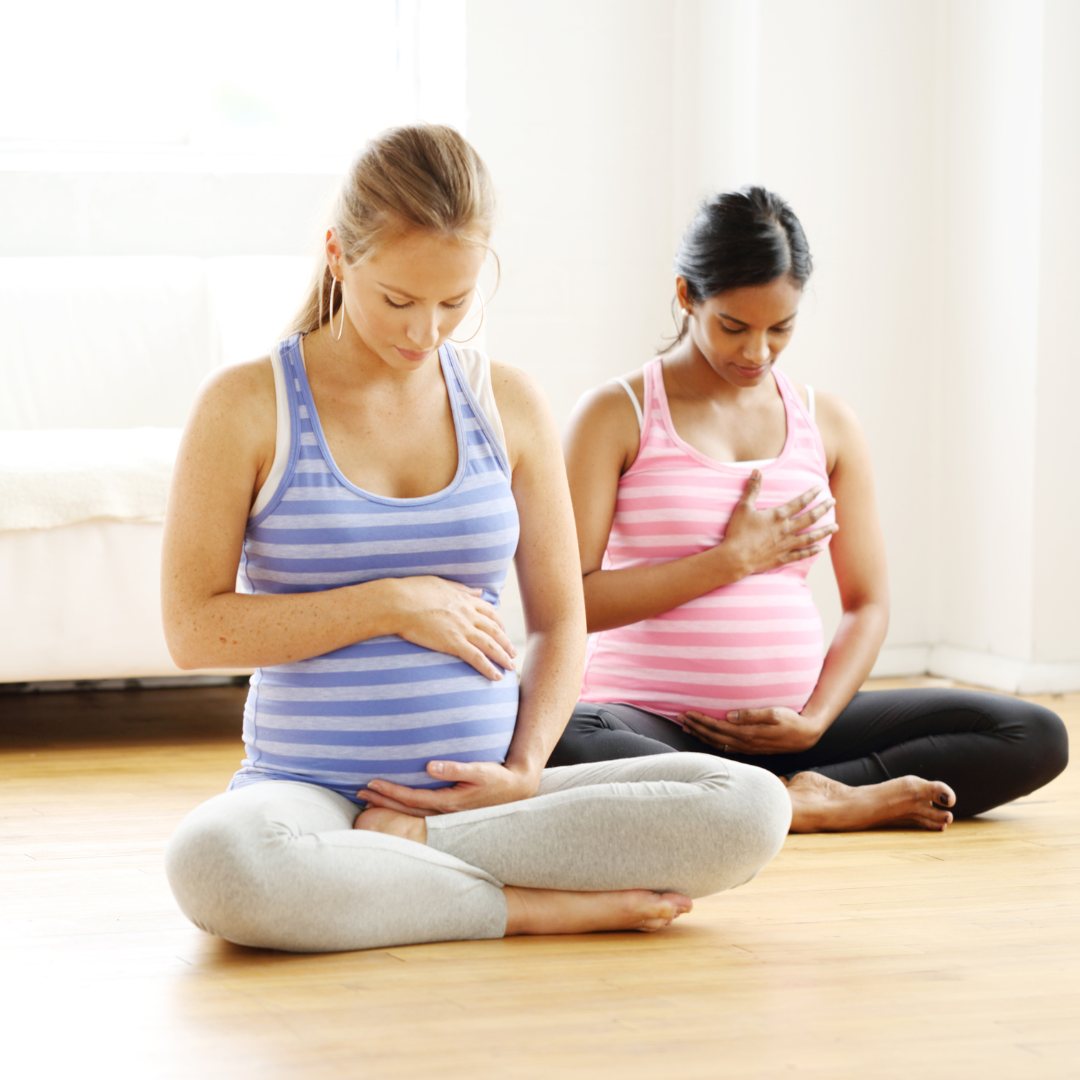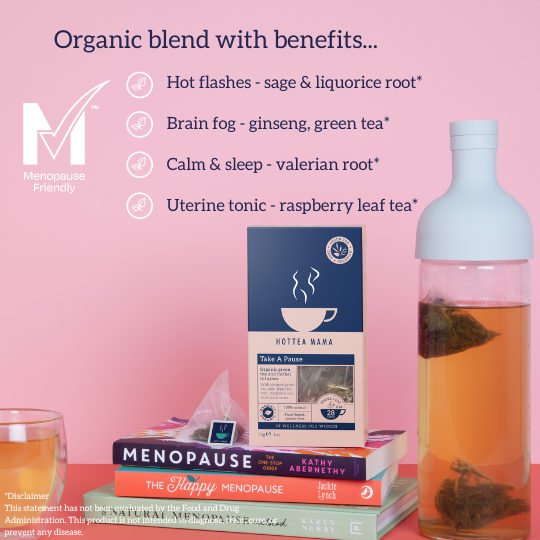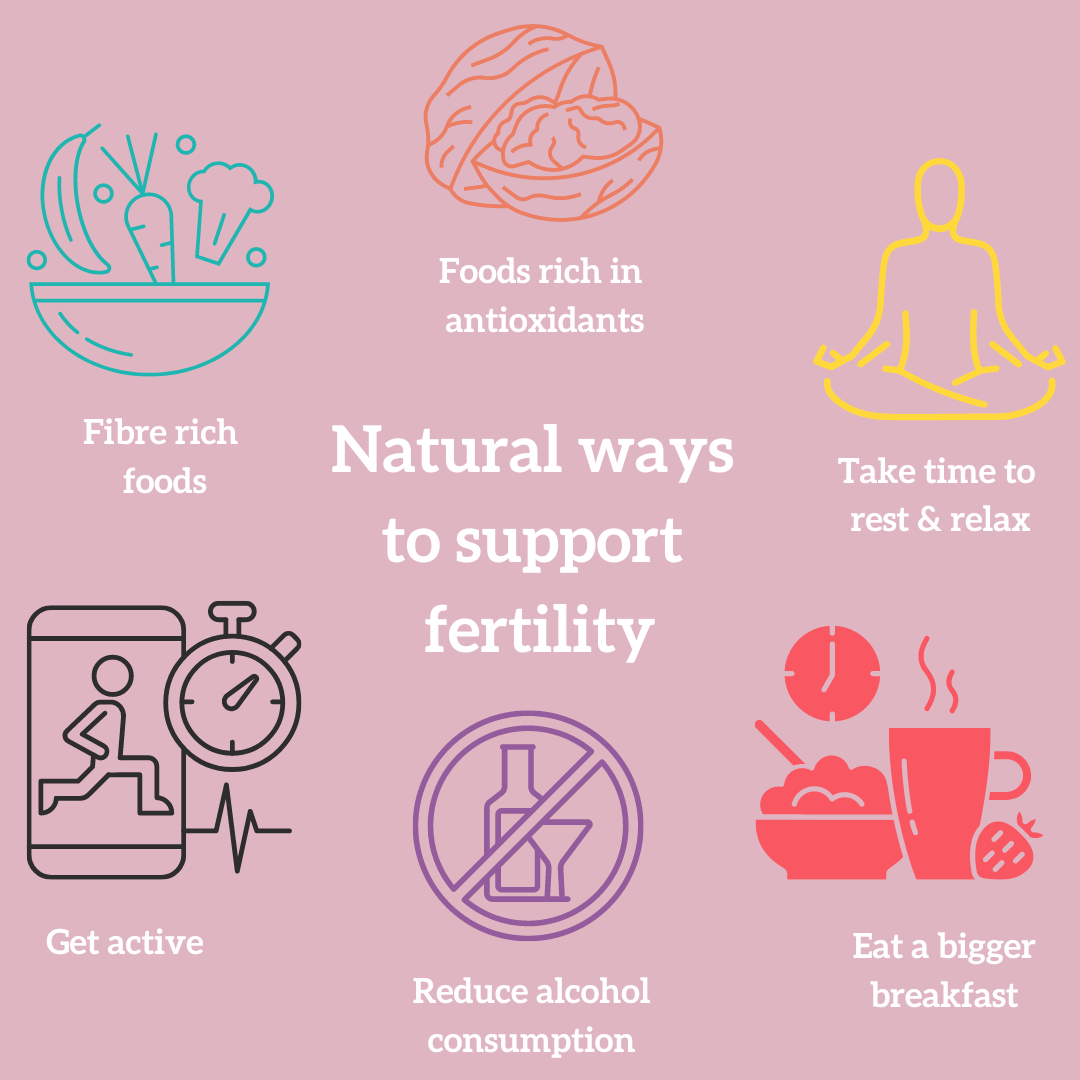How being eco-conscious can improve your fertility (yes, really!)

If you are currently on a fertility journey, we know just how tough it can be! It’s not unusual for women and men trying to get pregnant to go through several diet and lifestyle changes to achieve their dream of becoming parents. From a quick Google, you’ve probably found that by eating a healthy diet and exercising, you can try and naturally boost your fertility. But did you know that making eco-conscious changes to the products you use can also help improve your fertility?
Sounds unlikely right? Well, actually, it’s true and here are a few examples of eco-conscious changes you could make that might boost your fertility when TTC and help you be a little greener in the process.
Reduce Plastic Use
Here in the UK, plastic waste is a huge problem. We are throwing away so much that recycling is not enough to solve the problem. The big plastic count in 2022 revealed that Britons threw away almost 100 billion pieces of plastic waste annually. We are literally drowning in plastic waste!
Besides plastic filling up our landfills, it is also pretty awful for your fertility too. Why? Most plastics contain BPA and/or phthalates. These endocrine disruptors are linked to fertility problems in men and women, miscarriage, and pregnancy complications.
Here are some ways you can reduce your plastic use, improve your fertility and be a little more eco-friendly:
1. Replace your plastic bottle with a stainless steel or glass alternative.
2. Say no to plastic straws! Carry a stainless steel one in your bag instead.
3. Don’t buy plastic storage containers for your home; instead, opt for stainless steel or glass. I love a mason jar for storing kitchen essentials and laundry products in!
4. Don’t drink out of anything plastic. Keep a cutlery set in your drawer at work so you never have to use single-use plastic ones.
Stop using single-use period products
Are you still using tampons or single-use sanitary towels? In the UK alone, we throw away a whopping 200,000 tons of sanitary waste annually. This waste ends up in our landfills and takes decades to decompose. On top of that, around half of those sanitary products are flushed and end up in our sewers and on beaches, which is pretty gross and poses a threat to wildlife.
When it comes to your fertility, many period products have been found to contain potentially toxic chemicals. These could include pesticides on the cotton, phthalates, and BPA from the fancy plastic coatings. You also need to remember these products are going where your skin is the most sensitive too!
Sanitary products are one of the most basic essentials of life. Luckily we now have a range of reusable options like period pants and menstrual cups are practical, comfy, and completely chemical and plastic-free!
Reduce Phthalates and Parabens
Phthalates are not only found in plastics! They are in our cleaning products and personal care items. Basically, all those items are labelled with the words fragrance or parfum.
Parabens can also be found in many high-street brands, and their effects on fertility are similar to Phthalates in that they are Endocrine disrupters. These can decrease fertility and increase the risk of conditions such as endometriosis. In men, they are also believed to be responsible for low sperm count.
Apart from being bad for fertility, these toxins also harm our environment and have been known to cause reproductive issues in species worldwide!
To reduce the phthalates and parabens in your life, eliminate all your toxic cleaning products and replace them with eco-friendly - toxin-free alternatives.
Take it a step further and make your own cleaning products in reusable containers. Here are some easy-peasy recipesn to get you started.
Buy from sustainable companies
When possible, support companies that strive to be environmentally friendly by minimising their carbon footprint and have purposefully developed sustainable, non-toxic, biodegradable products that are good for the environment. When on a TTC journey, this could mean:
- Saying no to pregnancy tests and opting for an eco-friendly alternative.
Like the Hoopsy eco-pregnancy test, our products are made from 99% paper, 99% accurate, and 99% plastic free (and we are working on making them 100% plastic free in the future!
- Use non-toxic beauty products.
Think about it. Your skin is your largest organ, and what you put on can enter your bloodstream and affect your fertility. Check out this list here for things to avoid and some recommendations for all-natural and eco-friendly skincare products.
Conclusion
Sometimes our fertility journeys encourage us to make changes that improve our health and are better for the environment. We hope this article has educated and inspired you to make some small changes that could boost your fertility and get you closer to becoming a parent.
Our guest blog is written by Lara Solomon, the founder of Hoopsy, providing sustainable healthcare products that help women, their partners, and the planet. Lara's mission is to reduce the amount of plastic going into landfill from pregnancy tests.

Hoopsy’s Eco Pregnancy Tests are a sustainable alternative to millions of plastic tests that end up in landfill every year. Their eco-friendly pregnancy tests are 99% plastic free, made from 99% responsibly sourced paper and over 99% accurate. For more information and visit Hoopsy.com.




Comments